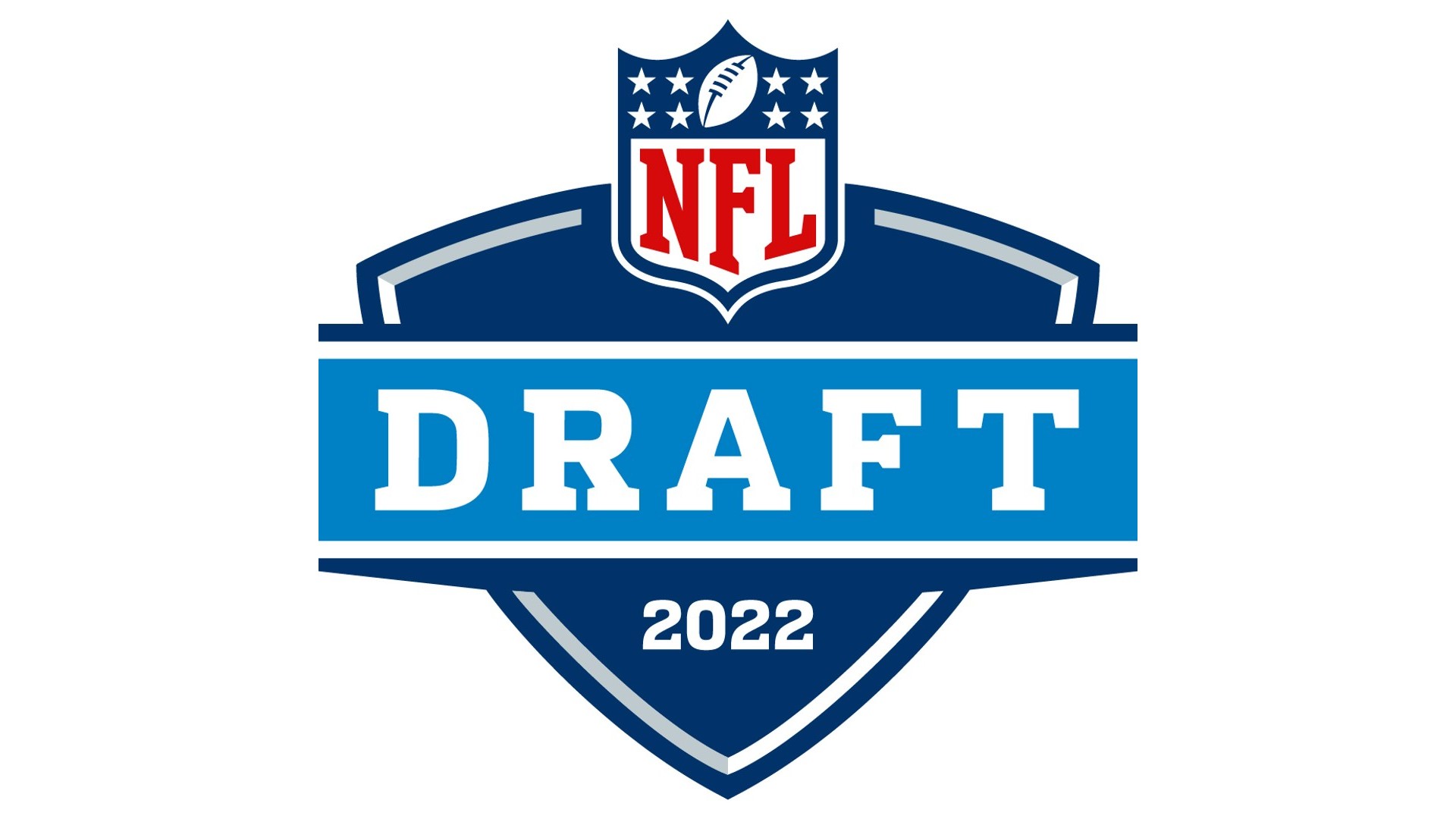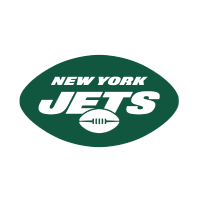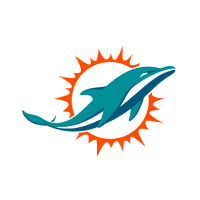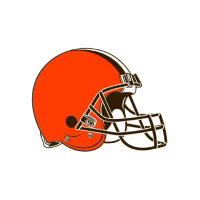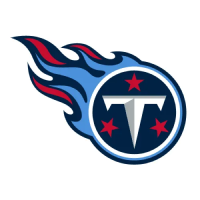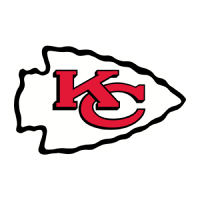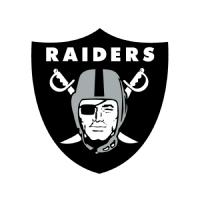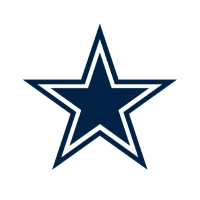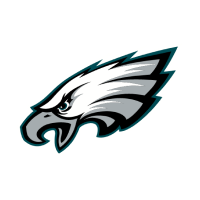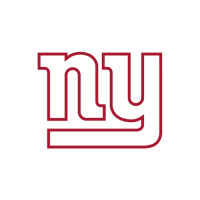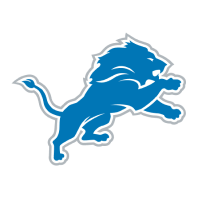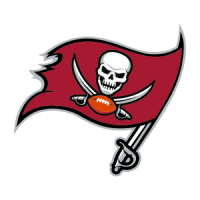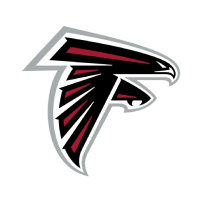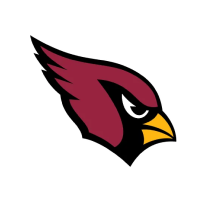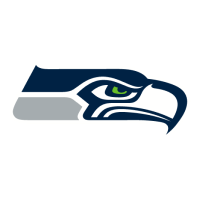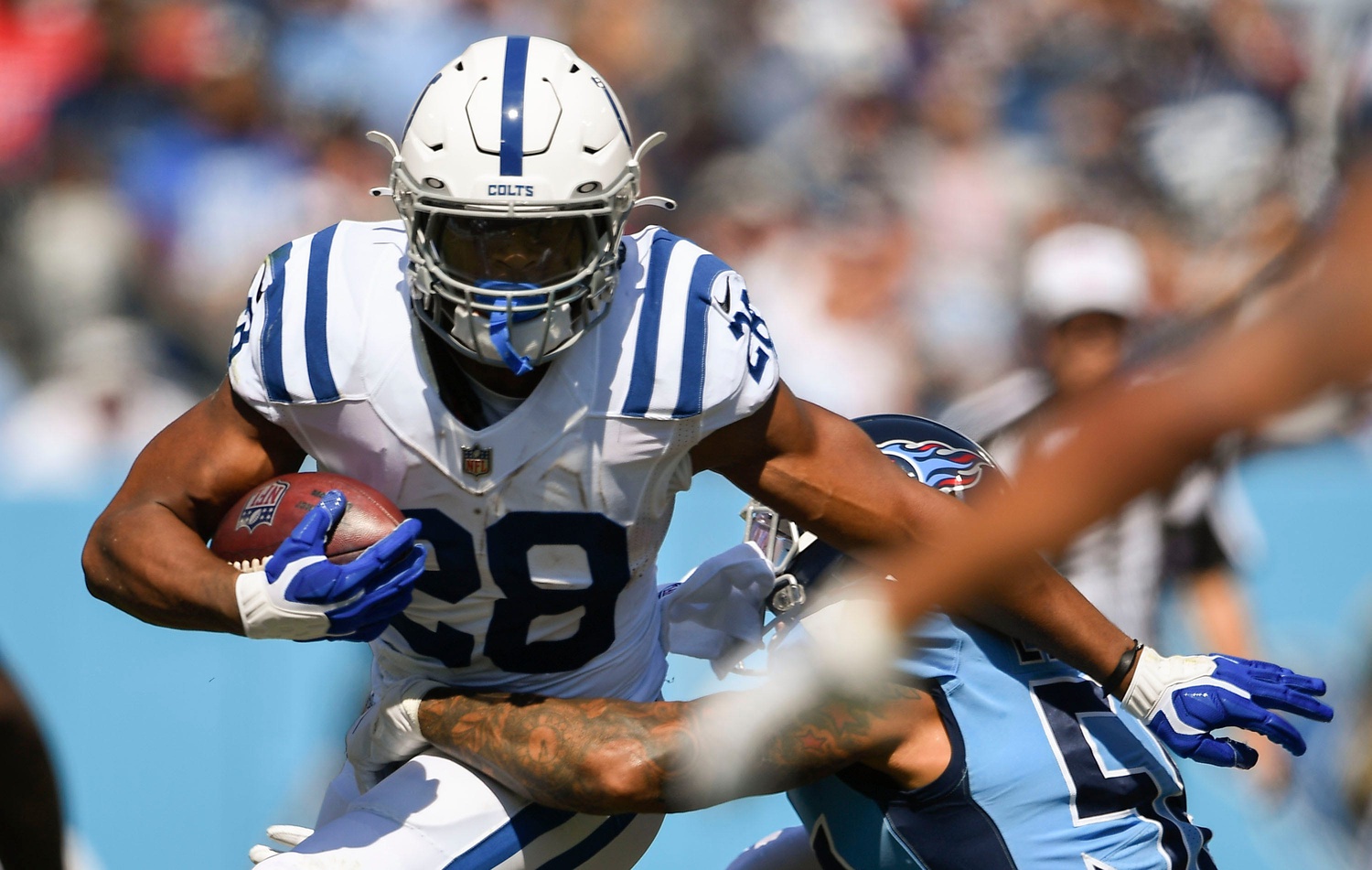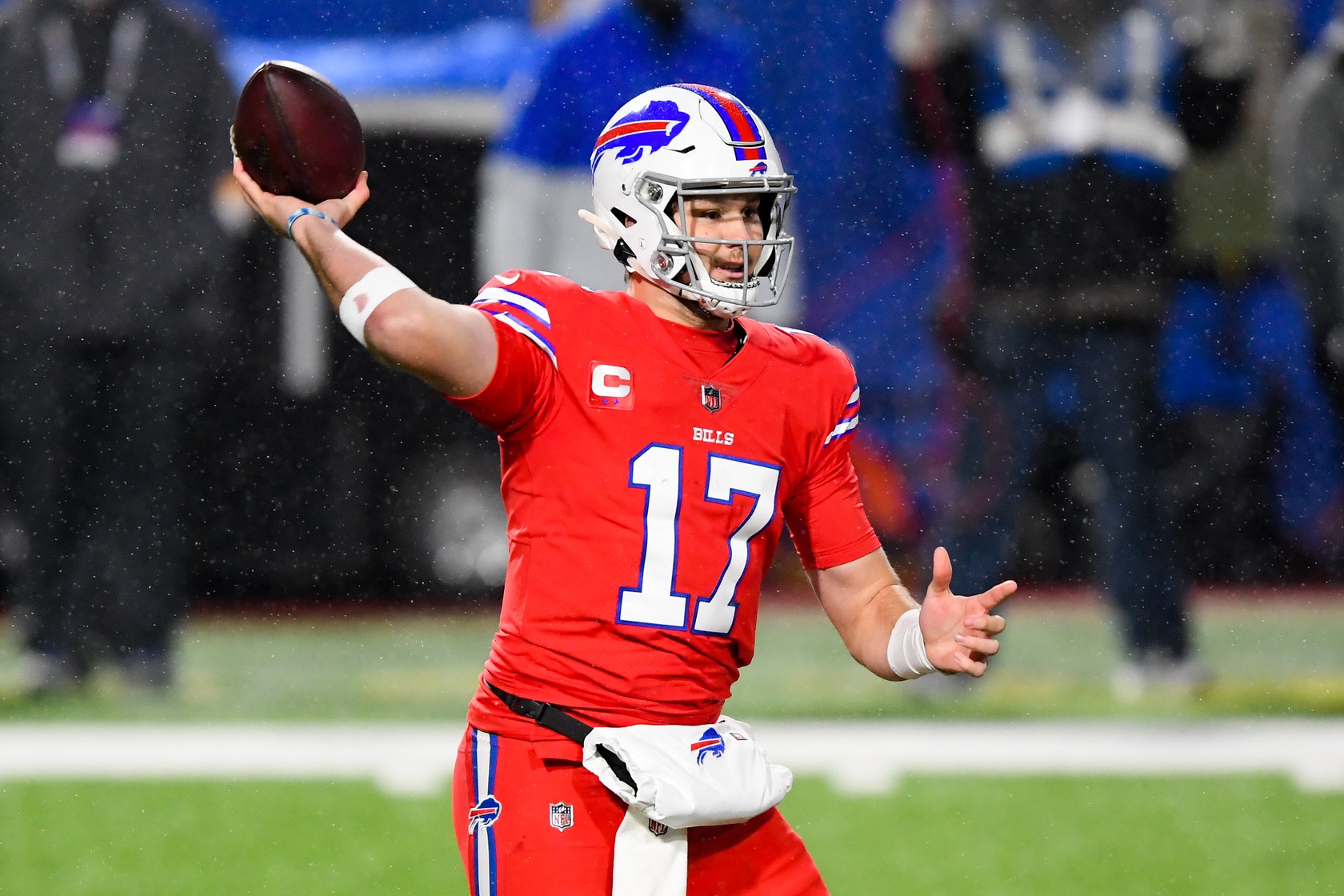Spoiler alert: Hitting big on rookies is a surefire way to win your fantasy league. After weeks of research to find the perfect all-rookie team – much of which is enclosed in this very article – I’ve concluded that these rookies give your fantasy team the best chance to win this season. I constructed this lineup for a 12-team PPR league, though much of the data and advice can be used for other formats, including standard leagues and best ball.
QB: Kenny Pickett, Pittsburgh Steelers
This year’s quarterback class wasn’t exactly touted as one of the best among recent classes. The same holds true in fantasy since none of the quarterbacks immediately slot into a starting role. While Desmond Ridder and Malik Willis arguably have higher upside, Pickett has the best chance to start right away. And even then, the Steelers may play Mitchell Trubisky instead. There’s a reason I advised you to not draft any rookie quarterbacks this season. If you’re in a deeper league, Pickett is the best of the uninspiring bunch. He’s the most pro-ready quarterback of the class, and he gets a nice slew of weapons in Diontae Johnson, Chase Claypool, Pat Freiermuth and Najee Harris. Fellow rookies George Pickens and Calvin Austin could help, too. If Ridder or Willis were guaranteed starters, then that’s a whole other story. But since Pickett is in the same boat of limbo as them, he gets the nod. Matt Corral is a dark-horse candidate since the Panthers’ quarterback situation is currently anything but settled.
RB: Breece Hall, New York Jets
The Jets made Hall the first running back taken in the 2022 NFL Draft, and thus, boosted his Average Draft Position (ADP) to the top of the rookie class and made him an all-rookie selection. I’m not a huge believer in Hall this season, though. Only the Buccaneers called more passing plays than the Jets last season. That could bode well for Hall’s involvement in the passing game, though Michael Carter, Tevin Coleman and even Ty Johnson figure to steal some targets. My point is you shouldn’t expect Hall to be a workhorse back, especially with the investments New York has placed in their passing offense. So why is Hall the ‘RB1’? There aren’t any better options. Hall’s ceiling isn’t as high as Kenneth Walker’s (who I’ll get to in a minute), but his floor is relatively high based on the draft capital the Jets used on him. Hall’s range of outcomes still features a ton of usage, even if he doesn’t get a coveted every-down role. That alone gives him a better shot to be fantasy-relevant than the entire rookie running back class.
RB: Kenneth Walker, Seattle Seahawks
The Seahawks selected Walker five picks after the Jets took Hall, so naturally, Walker has been treated as the rookie RB2 behind Hall. That’s fair since Hall is much more of an established pass-catcher. However, I think Walker has much higher upside than Hall. Seattle is a team built on the ground game, which sounds insane considering who their quarterback was for the past decade. In each of the last 10 seasons, the Seahawks finished below average in pass attempts. As for how Walker fits into Seattle’s offense, take a look at what I said in May:
“Seattle’s downgrade to Drew Lock and Geno Smith tells me they’ll probably be running the ball more this upcoming season. Walker’s the perfect back to see 20+ carries, just like he did in college. As for Penny, he looked good in the final eight games of the season but can we really expect him to enter next season still on fire? Injuries and poor play have marred his career, thus far. Chris Carson is an afterthought now, too. Walker can be the consistent, bruising back the Seahawks have been craving since Marshawn Lynch retired and who knows, maybe Seattle schemes him more passes than Wisconsin did? Just because a running back wasn’t asked to catch passes doesn’t mean he can’t. The Seahawks’ additions of Charles Cross in Round 1 and Abraham Lucas in Round 3 are a nice bonus, too. This is a great situation for Walker.”
WR: Treylon Burks, Tennessee Titans
Drake London and Treylon Burks are the clear top rookie receivers in my book, though I’d prefer Burks slightly to London. When I compared their situations, I resolved that while London has a slightly higher floor, Burks has a slightly higher ceiling. As your ‘WR3’, you should target Burks’ upside. That upside stems from the departure of A.J. Brown and Julio Jones, who left nearly 13 vacated targets per game on the table. While Robert Woods shouldn’t be overlooked, Burks’ youth, skillset and the draft capital used on him suggest an involved role early on. The only factors that could impede Burks’ progress are his actual talent and his competition. A 30-year-old veteran coming off an ACL injury and a bunch of unproven youngsters aren’t exactly harrowing competition. As for his talent, well, that’s up for debate with any rookie since they have yet to play a down of professional football. I still like Burks’ situation enough to pencil him in as a top-two rookie receiver, though London seems like a slightly safer bet to produce.
WR: Drake London, Atlanta Falcons
As you can see, I give Burks the slight edge over London. London may be the Falcons’ best pure wide receiver, but Kyle Pitts and Cordarrelle Patterson are proven pass-catchers. And while one season of success isn’t exactly a tell-all for future fantasy success, it presents a big enough possibility that Pitts and/or Patterson continues to be involved in Atlanta’s offense. Still, there’s plenty of room for London to dominate the team’s target share. Calvin Ridley saw a whopping 26.4% of the Falcons’ targets prior to his absence, so London could slot into Ridley’s old role. Sure, Atlanta will almost certainly shift to a more balanced offense since Marcus Mariota replaced Matt Ryan. But London has a much easier path to becoming his team’s WR1 than any receiver not named Burks. It’s very likely the Falcons’ passing offense funnels through London and Pitts. Not to mention, London is just a very good player. No wonder he was the first wide receiver drafted.
TE: Jelani Woods, Indianapolis Colts
In case you didn’t know already, there aren’t many good fantasy options among rookie tight ends. Trey McBride was the first tight end off the board at pick No. 55 to the Cardinals, followed by three tight ends drafted in the third round. Woods was one of those tight ends. The issue with rookie tight ends is that they rarely make a big fantasy impact in year one. While I don’t expect Woods to change that narrative, he does have an easier path to starting than the rest of the class. Veteran Mo Alie-Cox and sophomore Kylen Granson don’t have an encouraging grip on the starting job. The Colts have typically been above league average in tight end snap rate, especially when running 12 personnel (one running back, two wide receivers, two tight ends). Nonetheless, I don’t advise drafting any rookie tight ends unless it’s in a dynasty league. The Bucs’ Cade Otton and the Giants’ Daniel Bellinger were the next two options I considered. Otton is a safe bet to be at least the ‘TE2’ in a pass-happy offense, and Bellinger’s only competition to start is Ricky Seals-Jones and Jordan Akins.
https://twitter.com/ZachCohenFB/status/1536815326138073088?s=20&t=OIFaC9DYBxpf6Hnv6G7TTQ
FL: Chris Olave, New Orleans Saints
This is where things get interesting. Hall, Walker, London and Burks were easy selections at their positions, but beyond them, a plethora of rookies stand next in line. The other two players I seriously considered were Skyy Moore and Christian Watson. Jameson Williams would get more consideration if he wasn’t projected to miss the start of the season recovering from his ACL injury. I chose Olave over Moore and Watson because Olave seems more firmly entrenched in a starting role than Moore or Watson. Admittedly, Moore and Watson have higher upside than Olave. Olave doesn’t get the quarterback nor the chance at vacated targets that Moore and Watson do. However, Olave is a much safer bet to be a top passing option in his offense. And that’s even if Michael Thomas returns for Week 1. Alvin Kamara should steal targets, but Olave has a legitimate case to be the Saints’ second-best pass-catcher. Moore has that claim, too, behind Travis Kelce, though there’s still too great of a chance he can’t fend off Juju Smith-Schuster, Marquez Valdes-Scantling and Mecole Hardman. Ironically, that flies in the face of everything I’ve been preaching this offseason.
Playing fantasy football is about playing the possibilities. While there’s a chance Moore or Watson finish much higher than Olave, there are still more paths for Olave to finish above them. Basically, Olave has a higher floor and a moderately high ceiling compared, whereas Moore and Watson have low floors and high ceilings.
K: Cade York
Look, I’m not going to spend much time convincing you why you should draft a rookie kicker. The position is extremely fluid since we have no clue who will be each team’s starter in Week 1. The simple explanation for finding success at the position is streaming. It’s futile to rely on the same kicker each week because no one – not even the great Justin Tucker – is a guaranteed ‘K1’ each week. Beyond that, you want a kicker for an offense that scores a lot, but not too much. In 2021, the Browns scored touchdowns on 62% of their trips to the redzone – the 12th-highest rate in football. Deshaun Watson’s presence would surely bump that number up. Whether he actually suits up this season is a whole other question. For now, York is the only rookie kicker who should garner real consideration since he was the only kicker drafted (he was a fourth-round pick). You still shouldn’t draft York over proven veterans, though he could be a fine streaming option once the season begins.
Filed In
Related Articles
Fantasy Football
Fantasy Football Rankings: 2022 Top RBs
- Aug 16, 2022
Fantasy Football
Fantasy Football Rankings: 2022 Top QBs
- Aug 16, 2022
Written By
